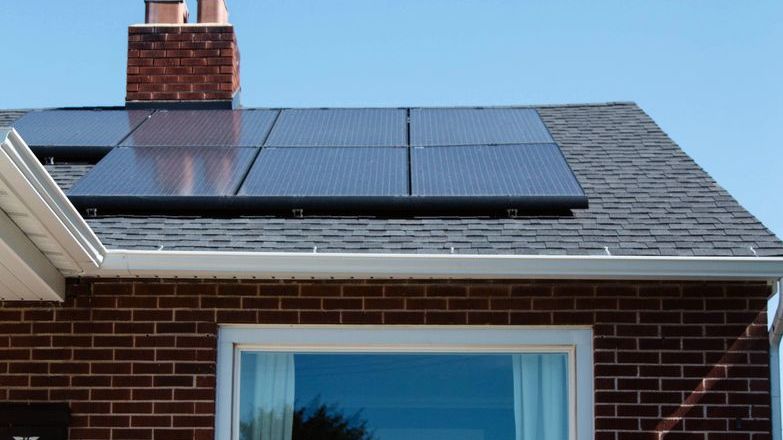
Research from Hamptons reveals that in 2024, 55% of all privately rented properties granted a new EPC certificate achieved a rating of C or better, compared to 48% of owner-occupier homes. However, it’s estimated that 3-4% of rented homes will never be able to achieve an EPC rating of A-C.
Existing homes with lower EPC ratings are largely older, cheaper, and likely to be in the North of England. For this type of property, there is a higher probability that the upgrades needed to meet the target will be financially unviable or, in some cases, unobtainable.
Energy efficiency targets for PRS to be reintroduced
Ed Miliband, MP, Secretary of State for Energy Security and Net Zero, has confirmed to Propertymark that rented homes will be required to meet EPC C by 2030. The UK Government will continue to develop incentives, such as the Boiler Upgrade Scheme and the Great British Insulation Scheme, to provide funding through installers, energy companies, and other bodies.
One size will never fit all
Propertymark’s research report, Lagging behind: energy efficiency in low-viability properties, highlights the fact that in some local authority areas of the north and midlands, the estimated costs of improving home energy efficiency can be around 25% of property values, while in affluent parts of London and the south east retrofitting with heat pumps represents less than 2% of overall property value.
We continue to lobby decision-makers to move away from a one-size-fits-all policy and develop energy efficiency proposals that work with the different ages, conditions, and sizes of properties.
Failure to factor in the huge regional variations in property prices when incentivising homeowners and landlords to retrofit their properties to meet national net zero targets risks damaging the quality and availability of housing stock.
Barriers to future-proofing the UK's historic buildings
There are approximately 350,000 listed homes in England, and approximately 600,000 commercial properties dating from before 1919. The impact of the cost-of-living challenges means fewer households and businesses can afford the required work to install energy efficiency upgrades. This, in combination with increased costs for historic building retrofit skills and materials, makes comprehensive retrofit action unobtainable for many property owners.
Less efficient homes remain profitable, for now
In 2024, the average EPC A-rated home is typically newly built and yields 5.5%, whereas the average D-rated home returns 7.6%. The least efficient homes, with an EPC E rating, achieve the highest yields, at 7.9%.
However, analysis of 52,000 private rental properties in England, Scotland and Wales suggests that 880,000 rental properties - 17% of the current stock - could be lost to the sector if landlords choose to sell with an EPC rating of E, F, or G rather than upgrade.
Cost of living is making tenants more aware of EPCs
Separate research from NatWest reveals that fears of rising rents have made renters much more concerned about keeping their energy bills as low as possible, especially those in the lowest income band.
The financial benefit of a higher EPC rating is significant, particularly as energy prices have risen. Today, the average tenant will save £499 per year on their utility bills (gas and electricity) if their home is upgraded from an EPC D to an EPC C rating, a 76% increase in savings since 2019. Tenants in EPC E rated homes will save £1,248 per year, which is an increase of 83% since 2019.
Retrofit take-up is improving but should the UK be doing more?
The Department for Energy Security and Net Zero (DESNZ) reports applications to the Boiler Upgrade Scheme were 49% higher in December 2023 compared to the same month in 2022, but without mandatory targets, there is little sign yet that energy-efficient homes in the UK command higher prices.
Continued uncertainty damaging to PRS
Constant change around energy efficiency measures has harmed the sector for some time. In our August 2023 report, Energy efficiency in UK property: Where to go from here? we cited feedback from property agents that said the lack of communication and guidance from governments on energy efficiency regulations was the cause of confusion and stress.
Propertymark wants to see more energy-efficient homes, but, as we have long said, the rules and requirements must be realistic and achievable for the sector. Any future targets must be fully backed by legislation that incentivises and encourages people rather than penalising them.







